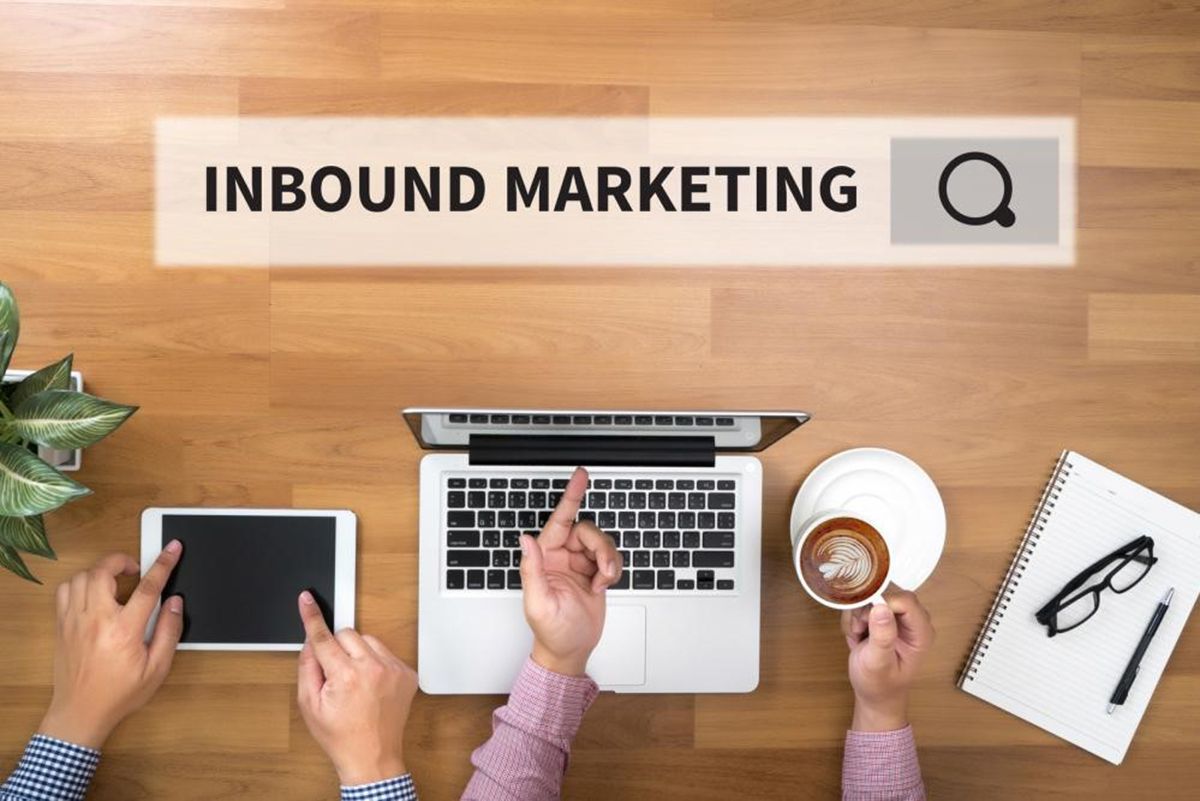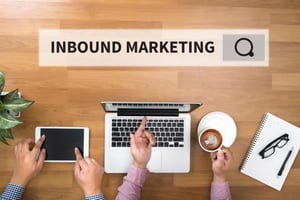
What the Future of B2B Inbound Marketing Looks Like
 Marketing strategist David Meerman defines inbound marketing as a strategy that allows marketers to turn strangers into website visitors, nurture leads, and convert them into customers. Unlike the traditional push marketing strategy, inbound marketing pulls people in and adds them to the top of the sales funnel.
Marketing strategist David Meerman defines inbound marketing as a strategy that allows marketers to turn strangers into website visitors, nurture leads, and convert them into customers. Unlike the traditional push marketing strategy, inbound marketing pulls people in and adds them to the top of the sales funnel.
The most critical element of B2B inbound marketing is informative content. This component is still effective in generating leads and increasing a company’s customer base. However, various technological developments have resulted in a shift in human behaviour that will lead to additional channels and methods for inbound marketing.
In this article, we will take a look at four trends that are expected to define the future of B2B inbound marketing.
Mobile Experience
Smartphone use for internet access has increased significantly over the past few years. LinkedIn vice president Russel Glass had stated that there has been an incredible shift with most professionals today engaging with products through mobile devices. In addition, a survey by eMarketer found that most B2B decision makers today expect a seamless mobile e-commerce experience.
With the increasing use of mobile among B2B buyers, inbound marketers will put increased importance on content optimized for mobile. Providing a positive mobile experience will drive the lead engagement process, improve visibility and help in gaining qualified leads that can be converted into customers.
Chatbots
Live chats are expected to play an important role in B2B inbound marketing. According to Larry Kim, the founder of Mobile Monkey and Wordstream, chatbots provide great opportunities for B2B marketers.
Many businesses have already invested in chatbots for an improved online user experience. The bots provide 24/7 support to customers and help them make an informed purchase decision. These bots can also be used to generate additional leads and customers.
Artificial Intelligence
Artificial intelligence (AI) is also expected to play an important role in the future of B2B inbound marketing. AI can automate repetitive tasks such as posting content and engaging with customers. It can be used in analyzing data and providing insightful information that can be used for improving customer behaviour. This will help marketers personalize content, resulting in an enhanced customer experience.
Virtual Reality
Mark Zuckerberg, the founder of Facebook, believes that, in the next decade or so, virtual reality devices will be as popular as smartphones are today. He believes that it will be the next big technology after the smartphone. While virtual reality is not yet widely used by marketers today, the potential of the technology is great.
We could see marketers creating content for VR for creating a branded experience. They can create a virtual experience that allows customers to experience the product before making a purchase. This can help in generating more leads and customers.
B2B marketers need to keep up with technological developments to stay relevant. They need to evolve their inbound marketing strategies according to the latest technological advancements. This is important to ensure maximum effectiveness of the lead generation strategy that will ultimately have a positive impact on the company's bottom line.

CEO and Chief Revenue Scientist
Mike Lieberman, CEO and Chief Revenue Scientist
Eliminate Hit-or-Miss Marketing Moves
Get advice, tips, tools and guidance to generate more leads for your company in this weekly email newsletter.



Eliminate Hit-or-Miss Marketing Moves
Get advice, tips, tools and guidance to generate more leads for your company in this weekly email newsletter.













